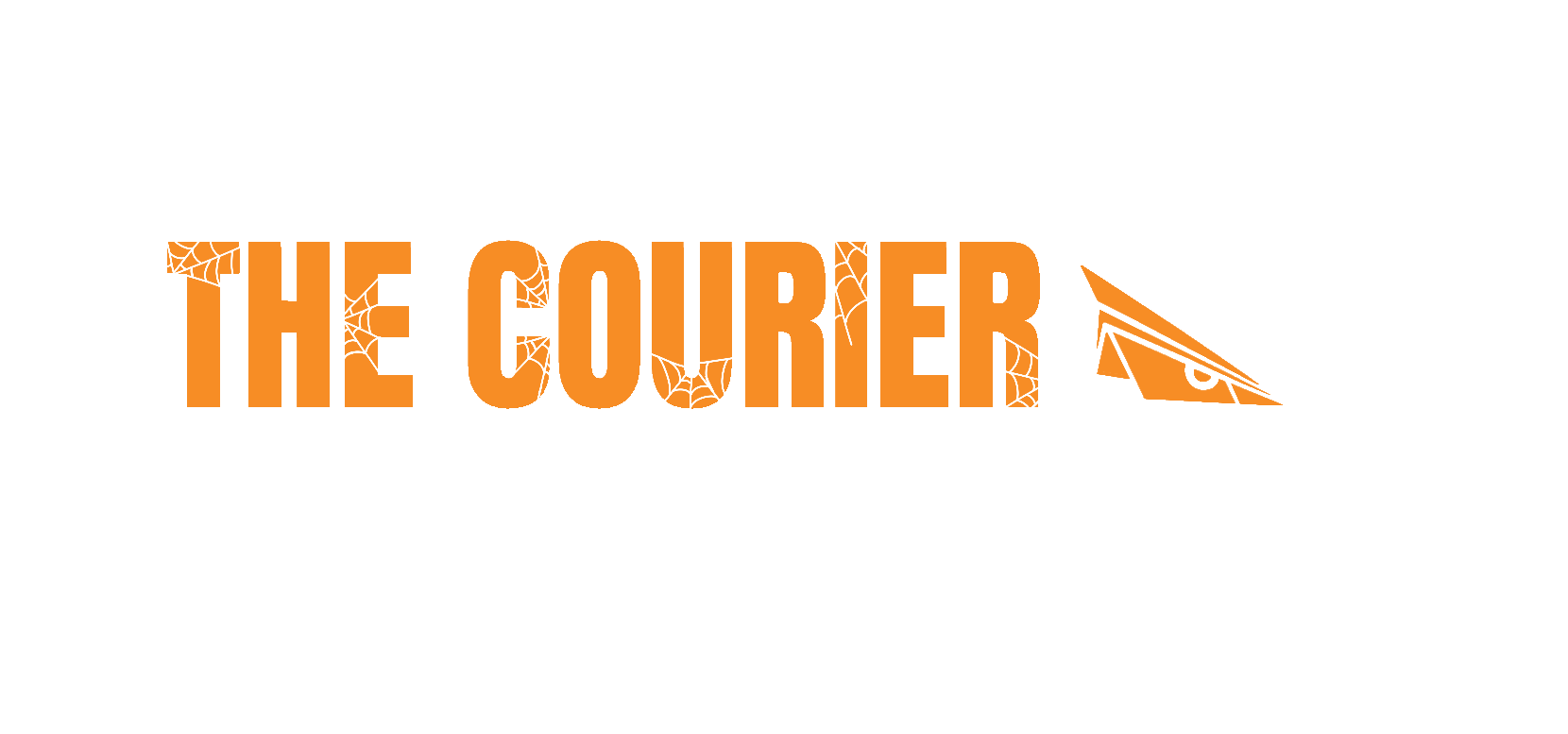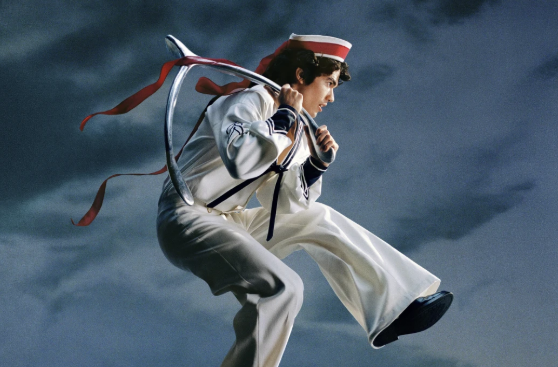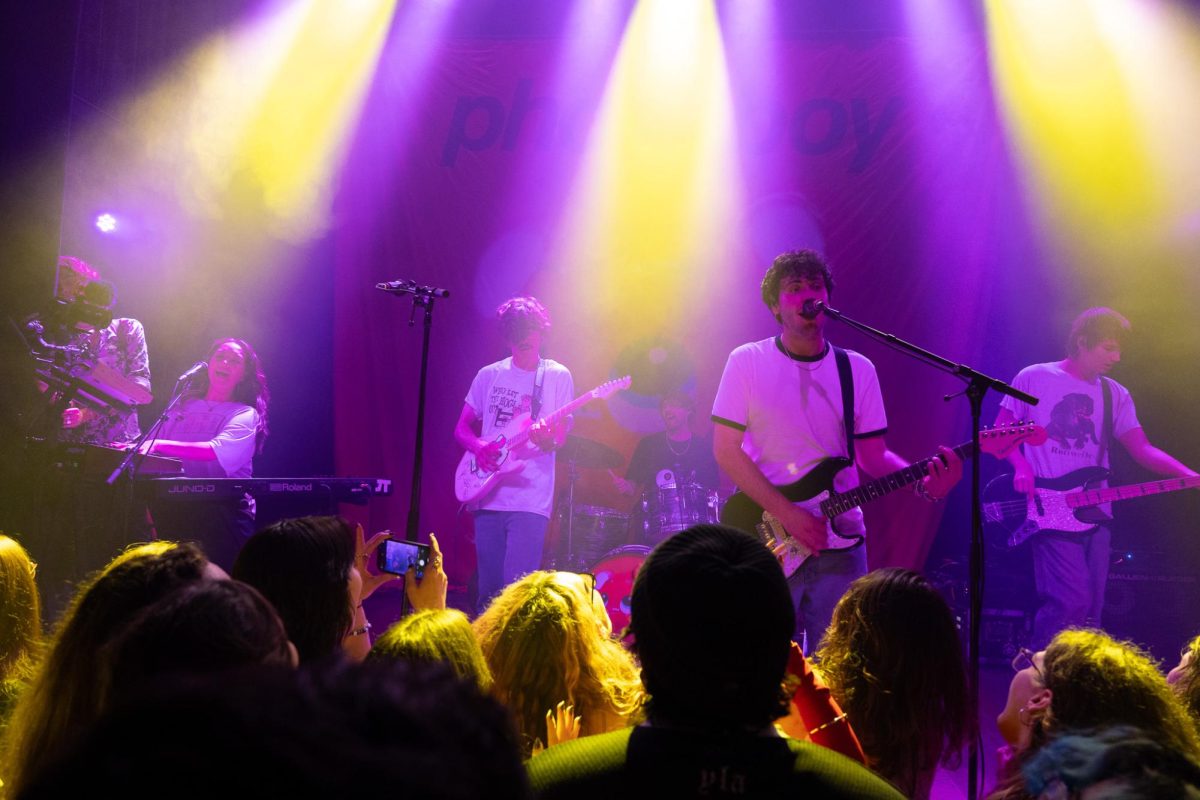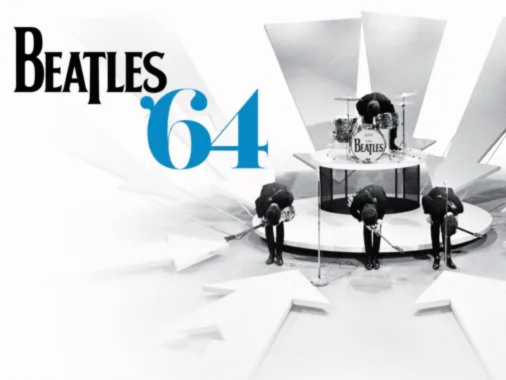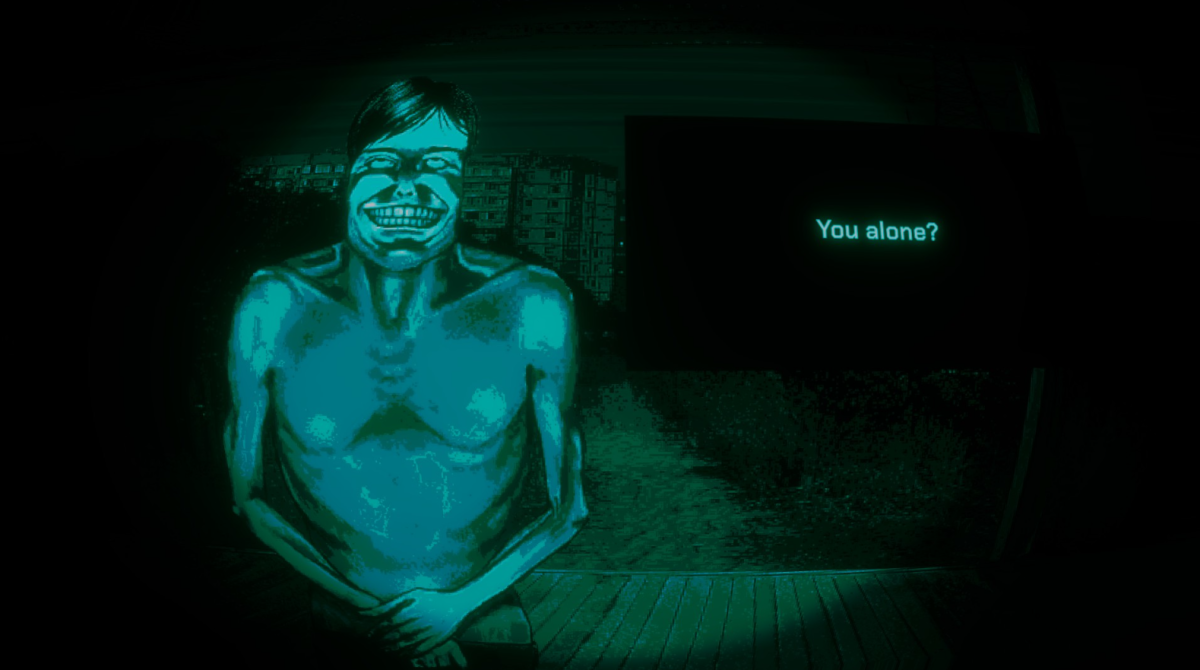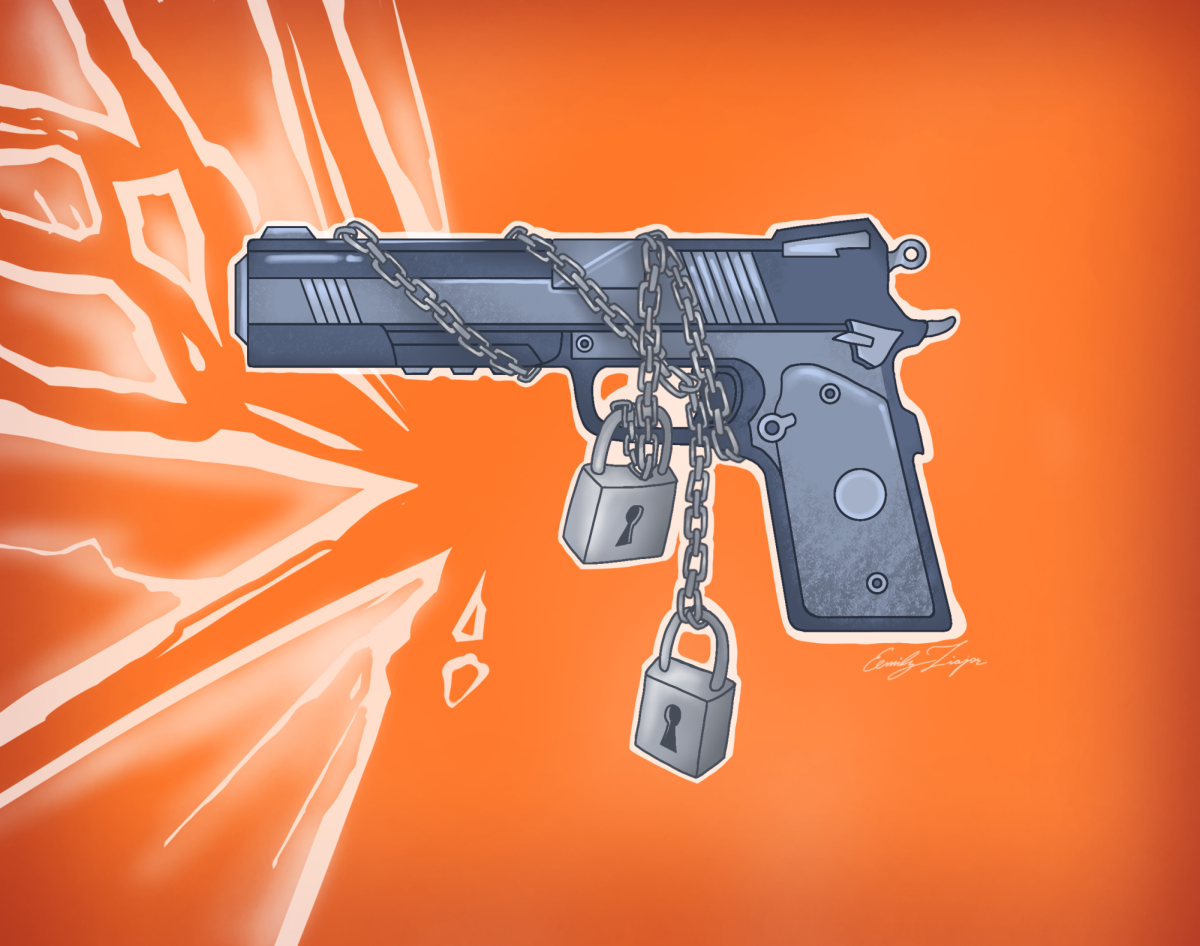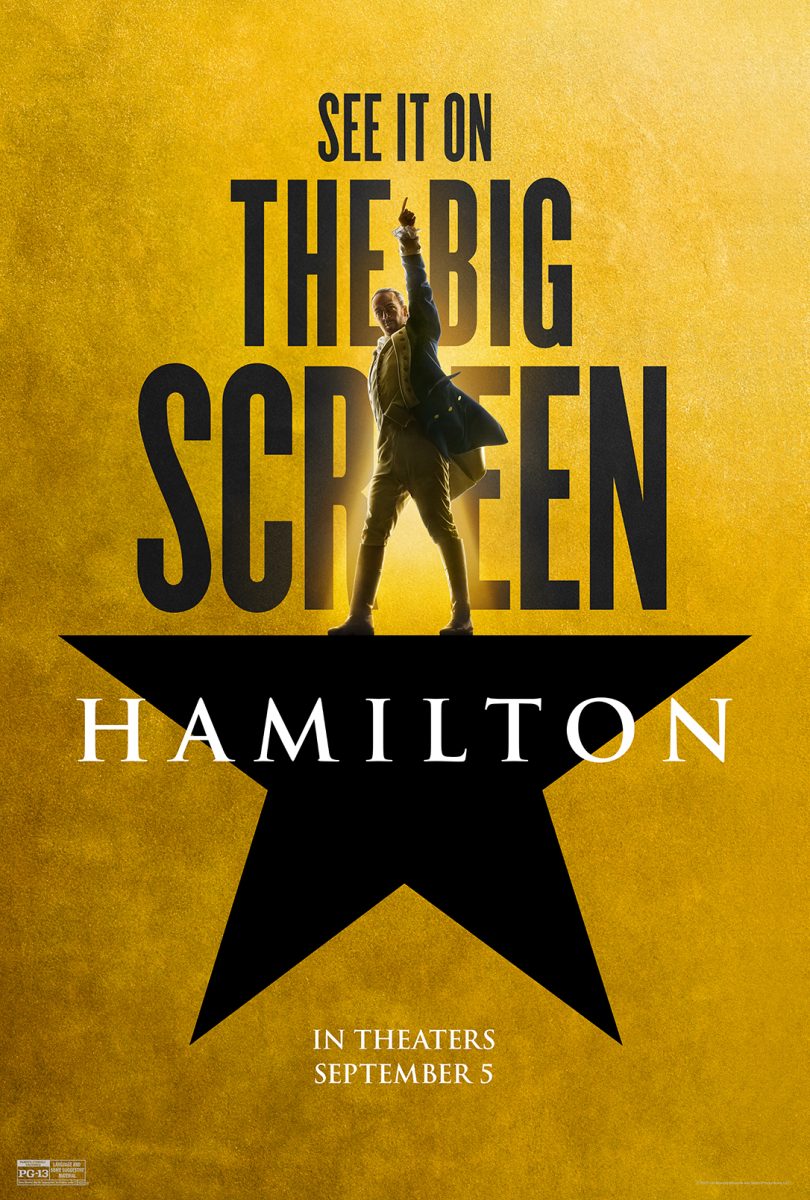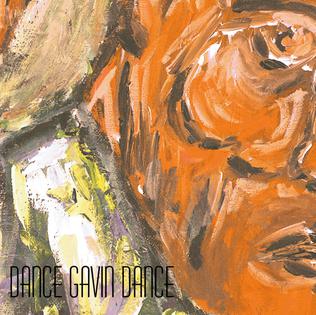
It’s really hard to define what particularly popularized the notion that screaming paired with melodic singing would become the scene defining trend and industry staple it stands as today. While I see the combination of both vocalizations as symbolic of the human condition’s personal unrest, there is a converse. Screamo, the combination of hardcore music with emo’s melodic structures, distinguishes itself as a counterculture found in the unorthodox, romantic, slightly unhinged prose and aggressive inhibition of breakdowns to act as the music’s exhibition of the emotional spectrum. There are no limits to the genre, but in 2006, Dance Gavin Dance showed us execution is everything.
“Whatever I Say Is Royal Ocean” EP is the debut effort from Sacramento, Calif. post-hardcore Sextuplet outfit, Dance Gavin Dance. It was released by Rise Records on Nov. 14, 2006. Somewhat of a scene-defining influential release exhibiting not just the musical efforts of a then-underground band on the brink of nationwide implosion.
The EP further emboldened the scene, taking it to a partially mainstream exposure, garnering a massive following on then-top social media site, MySpace, and carving out the niche market that is today’s very active, media machine.
What makes this album a classic is its prose and ability to take common narratives of failure and in turn, make them into stories of salvation.
Though there is a large lack of belief in a higher power or faith, the EP makes a very successful effort to highlight the inner turmoil of the human psyche. We are always at war with ourselves, and vocalist Johnny Craig and John Mess’ dueling vocals capture the inability within ourselves to make out the right decisions in a life so clouded by injustice and inhumanity.
However, if we are to take one lyric out of this EP for a testament to the human ability to withstand adversity, it would be from “Armoire,” “In failure dreams fall/Pushing nightmares over pavement/Walking these streets like a victim/Writing death threats in the wet cement.” We may fall, fail and stay on the ground, but we are not defeated. The more we are one with the pavement, the better we know the solid ground we walk on, and are therefore able to avoid the falter that brought us down in the first place.
“Whatever I Say Is Royal Ocean” is a lyricless track, to some degree. Production creates the audible illusion of water rippling over silhouette wisps of Craig’s melodies or lead guitarist William Swan’s intricate guitar grooves. While I’d normally gloss over this track, there are some notable musical attempts to make the introduction into an amuse-bouche to preview the EP.
“The Robot With Human Hair Part One” masterfully trickles in, enticing the listener with a very minimalistic three-note guitar introduction. Given the title, the track is a series in a narrative involving submission to theological ideas and themes involving trauma and acceptance. Particularly, Part One thematically deals with betrayal and the inability to be able to find resolve. Craig’s narrative at war with unclean vocalist Jon Mess’ aggressive rhythmic vocals highlight the turmoil in attempting to seek reason to forgive and move on.
“The Robot Vs. Heroin Battle of Vietnam” and “The Importance of Cocaine” were both previously covered on their initial Demos EP, both mixed and mastered to incorporate into not just the narrative of the EP, but the experience of making it part of the following material. The songs are integrated into the EP seamlessly and are foundational additions as tracks that solidify a distinguished sound for the band involving evolving melodies, unconventional song structures and incorporations of hardcore elements that are vehicles for melodic transition and experimentation.
“Tidal Waves; Breakfast Lunch and Dinner” is a masterful deconstruction of both man and musical structure. The track begins with both Craig and Swan in harmonious tandem. When Mess enters, his performance throws the track into chaos, in symbolic representation of how relationships have the ability to make individuals into who they are or break them down. Captured in the outro lyrics Craig belts, cumulatively, “And you wait/For this meaning to leave/And you take/So breathe in love/And make this feeling last/Now dry your eyes.” Where Mess may finish the track, Craig’s belts align with a very humane sentiment to remind us to go with our emotions even though we may be wrong, the experience is to learn from our mistakes so as to not repeat them.
“The Robot With Human Hair Pt. 2” is the unintentional break out single. It uses a very unorthodox structure of having Mess take vocal and lyrical lead. The narrative then changes from forgiveness to a conversation with God.
The narrative Craig sings talks of finding ourselves in a relationship that is neither what we thought nor what one could want. With abuse the subtle indicator for Craig’s sung lyrics, the track powerfully emphasizes intention, with us being the ones in charge and being able to find strength in the challenge of life. The music emulates that with the mid-song bridge building up to a chaotic culmination of inciting chaos in our lives when we finally decide to claim responsibility for our mistakes and find the confidence to claim our lives for our own.
“Burning Down The Nicotine Armoire” is an empowering song about failure. Aligning with some of the ideology on previous tracks, the song highlights and reinforces a faith in our human nature. The melodies in this track go through some major deconstruction and come back together in order to be built upon, where Swan’s unbelievable artistic construction of the guitar is put to highlight the thought of failure, his rhythmic guttural guitar structures facilitate the re-invention of inter-song melody. The manner in which this pays off for the listener is the way Swan incorporates hardcore elements for the listener to rope interest into.
5/5
